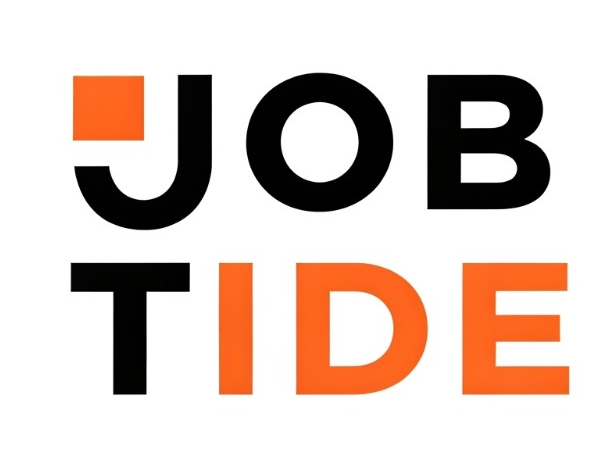Interview Tips
1. Understand the Job Description Thoroughly
Before walking into any interview, it’s essential to understand exactly what the company is looking for. Take time to analyze the job description line by line. Identify the core requirements, preferred skills, and specific responsibilities. Match your experience and achievements with what they’ve outlined. The more closely you can align your background with the position, the more confident and relevant your responses will be during the interview.
2. Research the Company Inside and Out
Many candidates walk into interviews knowing very little about the company they want to work for, which can come across as a lack of interest. Explore the company’s website, read its mission and values, browse through recent news or press releases, and understand its products or services. Dive into their culture—look at their social media presence, Glassdoor reviews, and employee testimonials if available. When you show that you've done your homework, you come across as both enthusiastic and professional.
3. Practice Articulating Your Story
Interviewers will often ask questions like "Tell me about yourself" or "Walk me through your resume." Use this as an opportunity to tell your professional story clearly and confidently. Practice speaking about your education, experiences, and career journey in a structured and engaging way. Highlight turning points, lessons learned, and key achievements that show growth. Be concise but thoughtful. This is your chance to show that you are self-aware, driven, and capable of reflecting on your path.
4. Master the STAR Method
Behavioral questions are now standard in most interviews. You might be asked to describe a time you handled conflict, met a tight deadline, or showed leadership. Use the STAR method (Situation, Task, Action, Result) to frame your answers. Start by describing the context, then outline your responsibilities, explain the specific steps you took, and end with the outcome. Practicing STAR stories in advance can help you respond confidently without rambling or forgetting key details.
5. Dress Appropriately for the Role
First impressions matter. While dress codes vary by industry, it’s generally best to err on the side of professionalism. If in doubt, business casual is a safe bet. Pay attention to grooming and cleanliness. Even for virtual interviews, appearance still counts. Ensure your environment is tidy, your lighting is good, and your camera and microphone are working well. Dressing the part—even at home—can also help you feel more confident and mentally prepared.
6. Ask Thoughtful Questions
At the end of most interviews, you’ll be given a chance to ask questions. Never say “No, I’m good.” Instead, prepare 2–3 thoughtful questions in advance. You might ask about team dynamics, the company’s long-term goals, challenges of the role, or what success looks like in the first 90 days. This shows that you are engaged, curious, and genuinely considering how you’d fit into the company and contribute.
7. Manage Nerves and Build Confidence
It’s completely normal to feel nervous before an interview. The key is not to eliminate nervousness but to manage it. Practice deep breathing before the interview, drink water to stay calm, and remember that the interview is a two-way conversation—not an interrogation. Interviewers want you to succeed; they’re looking for the right fit just as much as you are. Preparation is the best antidote to anxiety. The more prepared you are, the more confident you’ll feel walking in.
8. Be Honest, But Strategic
If asked about weaknesses, gaps in employment, or lack of experience in certain areas—be honest, but also strategic. Acknowledge the shortcoming, but quickly pivot to what you’ve done to improve, or how other strengths compensate for it. Employers value transparency, but also want to see that you are self-improving and adaptable. Frame setbacks as learning experiences that have made you stronger and wiser.
9. Follow Up Professionally
After the interview, send a thank-you email within 24 hours. Express gratitude for the opportunity, highlight something specific you enjoyed discussing, and briefly reiterate your enthusiasm for the role. This small gesture can leave a lasting impression and help you stand out from other candidates. If you don’t hear back after a week or two, a polite follow-up email is also appropriate.
10. Learn From Every Interview
Whether you get the job or not, treat each interview as a learning experience. Reflect on what went well and where you could improve. Keep a journal of the questions you were asked and how you responded. Over time, you’ll get better at anticipating what interviewers want and articulating your strengths. The key to mastering interviews is consistent, mindful practice. Don’t give up—with each interview, you’re building skills that will serve you for the rest of your career.
